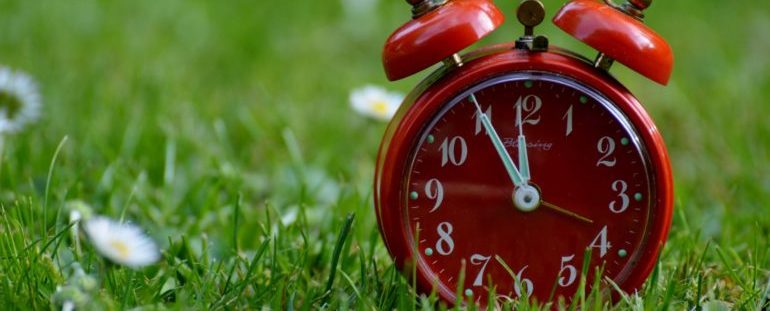
By Jim Eischen
“Seek mindfulness.” This persistent mantra echoes in the wellness community. Thought leaders in the business, healthcare, and yes, even legal communities, preach mindfulness as a necessary solution to nearly all present-day challenges. If mindfulness was a prescription drug, it would be proliferating our healthcare system as a zero-risk cure-all for every ailment.
But, what exactly is mindfulness? Good question!
Awareness? I can be acutely aware of that customer taking their sweet time ahead of me in line, creating a bottle-neck slow-down. I am frustrated, but not necessarily mindful.
Or, is it being observant? I can carefully and methodically proofread a draft agreement or a cease-and-desist letter and obsessively rewrite documents in a quest for zero errors. I might be very observant when I catch that upsetting format glitch, but I might not have achieved a state of mindfulness.
Is mindfulness devoid of emotion? Is it just being calm? I can reach a workload-induced, catatonic state that is likely not what experts call “mindfulness.” I can achieve a level of burnout that leaves me unmoved by the latest bad news, sitting like a rock on my couch, and that might not be mindful. And revenge as a cup supposedly best served cold may be calm, but is probably not mindfulness.
What if mindfulness is best described as curiosity? A curious mind is exploring something with calm, rational attention. Sounds good. To be curious is to be open to the possibility of something new is being observed, with new unexpected insight possible. Curiosity cannot predict an experiment’s outcome with certainty, or maintain faith in a shaky construct pre-decided before new facts arrive. Rather, curiosity captures a sense of adventure. I can learn something new and useful if I can get myself to intake new information without pre-judgment, and then run that information against other information to see if something new presents itself. Curiosity leads to new learning. And new learning can lead to new insights. And I strongly suspect proponents of mindfulness recommend exactly that process with everyday reality: observe with interest, and learn something new. Notice an emotion arise, and explore its source. See a habit forming that may not yield positive results, and wonder about alternatives.
So when you hear or read or are watching a TikTok imploring you to be mindful, try swapping in the word “curiosity” for “mindfulness” and see if the content gets more grounded, solid, and understandable. Get curious about curiosity. You may find yourself more mindful.